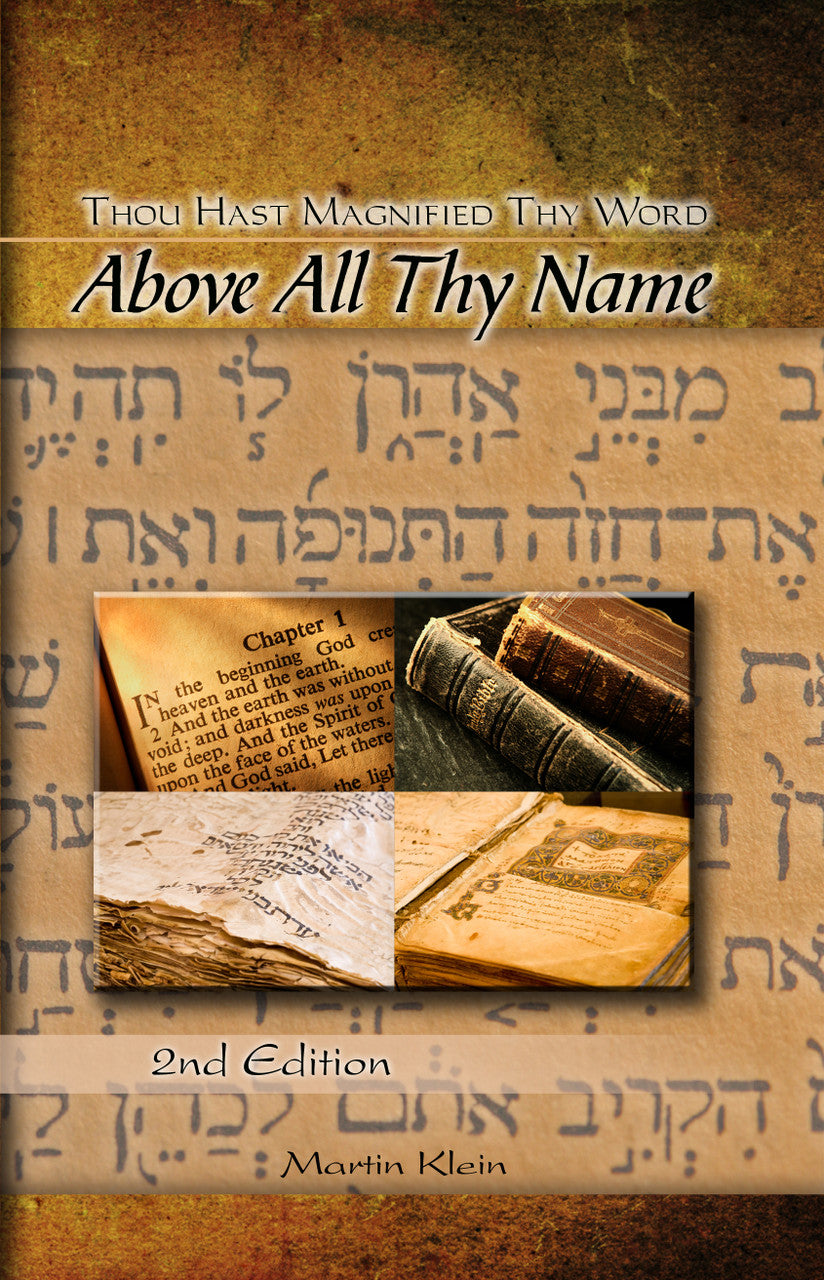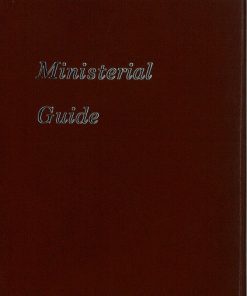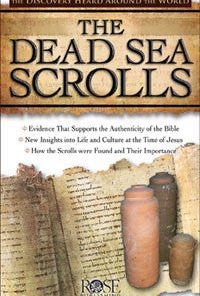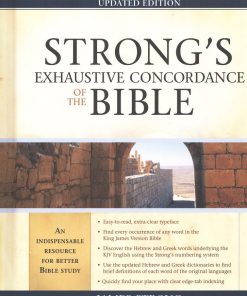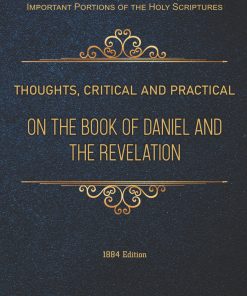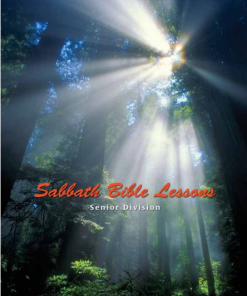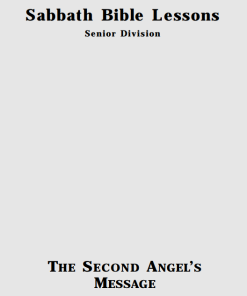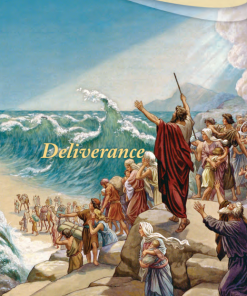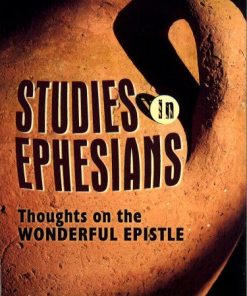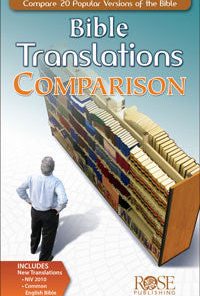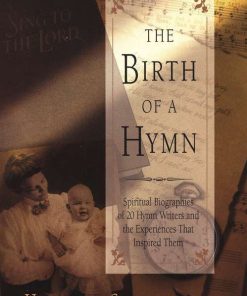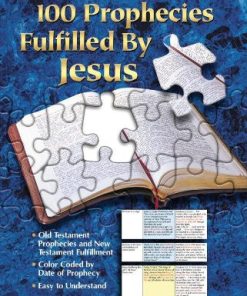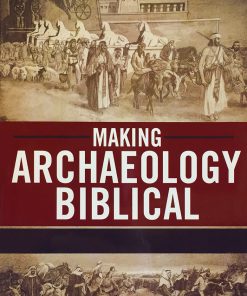Thou Hast Magnified Thy Word Above All Thy Name – Klein Martin Teach Services
$ 19,99 $ 11,99
Thou Hast Magnified Thy Word Above All Thy Name – Klein Martin
The Bible makes the claim to absolute truthfulness and infallibility.1 It then provides the internal evidence to verify this claim. Complete harmony through sixty-six books by about forty different writers, spanning one and a half millennia, would be impossible if the author were not the Holy Spirit. In order for Scripture to make the claim of truthfulness, it must also contain the promise of preservation. God’s promise to preserve his pure Word is dramatically fulfilled in the 1611 publication of the Authorized Version of the Bible, more commonly known today as the King James Version. The Bible’s power, feared by its enemies, is the power to transform those who submit to its claims, and love its precepts. The written words of the King James translators have had a greater influence on this world than any other literary work the planet has ever seen. It has changed the course of nations, and altered history in a way the translators could not have fathomed. It has transmitted the precious gospel message to more souls than all other agencies combined. Only in eternity will its power be comprehended.
The King James translators of the Bible achieved what has never been accomplished before, or since. Although the translators are mostly unknown, and their masterpiece is either unappreciated or maligned; though the importance of their accomplishment is not comprehended; though every power of hell and demons has been arrayed against this book, yet their legacy survives as the living Word of God—the best-selling book of all time.
Though God promised to preserve his word, the stern facts of history and the unyielding testimony of Scripture prove that attempts have been made to pervert God’s Word: “ye have perverted the words of the living God,” Jeremiah 23:36. Compare: KJV Job 19:26 “yet in my flesh shall I see God:” ASV Job 19:26 ‘Then without my flesh shall I see God;” Simple logic demands that two opposite statements cannot both be true. Therefore, one must be false. The one that is false cannot be God’s pure, true, unperverted Word.
Thus, to fulfill the promise of preservation, the Scripture must contain a way to distinguish between the genuine and the counterfeit. With demonstrable and rather serious differences in so many current versions of the Bible, how can we be certain what is God’s true and preserved Word? This book answers this question.
Fast Shipping and Professional Packing
We offer a broad range of shipping options due to our long-standing relationships with UPS, FedEx and DHL. Our warehouse personnel are highly skilled and will pack your goods in accordance to our exact and precise specifications. Prior to shipping, your goods are carefully examined and safely secured. Each day, we ship to thousands of clients in many countries. This shows our commitment to be the largest online retailer on the planet. Warehouses and distribution centers are found in Europe as well as the USA.
Note: Orders that contain more than one item will be assigned a different processing period for each item.
Before shipping, all ordered items will be thoroughly examined. Most orders are now shipped within 48 hours. The time to deliver varies from 3-7 days.
Returns
We don't manage the stock at our factory and warehouse. Actual stock levels may fluctuate at any time. Be aware that your order is out of stock once the order has been placed.
Our policy lasts for thirty days. If it's been more 30 days since you've purchased your item, we unfortunately can't give you a full exchange or refund.
You are able to return a product in the event that it is not used and in the same condition the day you received it. The item must be in the original packaging.
Related products
Pamphlet 5-fold
Pamphlet 5-fold
Pamphlet 5-fold
Pamphlet 5-fold
Pamphlet 5-fold
Pamphlet 6-fold
Pamphlet 5-fold
